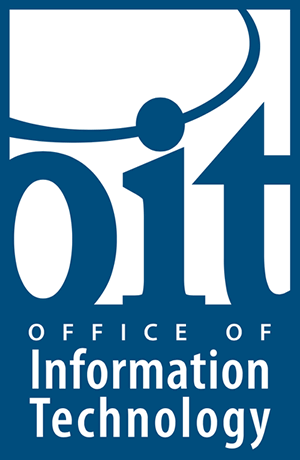How to avoid being hacked
Scams can contain the following
- Alarmist messages and threats of account closures.
- Promises of money for little or no effort.
- Deals that sound too good to be true.
- Requests to donate to a charitable organization after a disaster that has been in the news.
- Bad grammar and misspellings.
For more information, see How to recognize phishing emails and links.
Some popular scams that you should be aware of are
Scams that use well-known companies
These scams include fake email messages or websites that use the well-known companies’ name. The email message might claim that you have won a contest, that they need your login information or password, or that the representative is contacting you to help you with your computer.
Lottery scams
You might receive messages that claim that you have won a lottery or sweepstakes. These messages might even look like they come from a well-known company executive. (There is no Microsoft Lottery. Delete the message.)
Security software scams
Rogue security software, also known as "scareware," is software that appears to be beneficial from a security perspective but provides limited or no security, generates erroneous or misleading alerts, or attempts to lure you into participating in fraudulent transactions. These scams can appear in email, online advertisements, your social networking site, search engine results, or even in pop-up windows on your computer that might appear to be part of your operating system, but are not. For more information, see Watch out for fake virus alerts.
Source image: http://eandt.theiet.org/magazine/2012/03/if-you-ask-me.cfm
/ua-templates/version3/images/swbanner/swlogo-hz.png)

/ua-templates/version3/images/swLogo.gif)